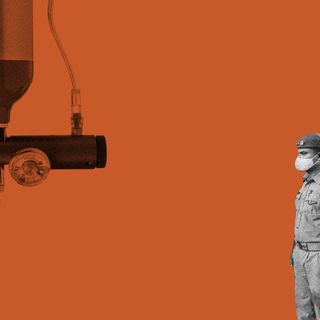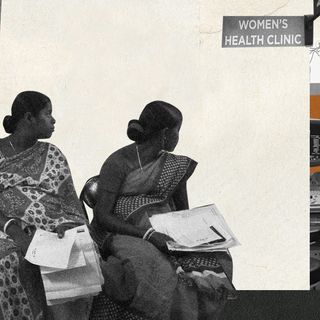The Gujarat High Court prevented an engineering college from expelling a student — simply because he couldn’t write his exams due to the depressionhe was experiencing amid the Covid19 lockdown. The ruling acknowledges the emotional and mental burden students are expected to bear during a global health crisis; and also highlights the need for a shift in society’s attitude towards mental health.
The petition was filed by a student pursuing his B.Tech. degree at Sardar Vallabhbhai National Institute of Technology in Surat. His petition states that he couldn’t appear for the end-semester exams conducted online during the lockdown because of “reasons beyond his control.” His mental health had deteriorated severely at the time; he was not only undergoing depression but also experienced suicidal urges, due to which he couldn’t write his tests, he claimed. The college, however, refused to let him take a re-test, and proceeded to throw him out because he “did not complete the minimum requirement of earned credit” as required by the institution.
Interestingly, the institute does give a second chance to students if their absence is motivated by a “serious illness or other special circumstances.” Mental health, however, does not qualify for a second chance in their rule book.
The court passed an interim order staying the student’s dismissal from the college, allowing the student to take a re-test and present his results before the court — instead of canceling his admission outright. The student shouldn’t have to experience an irreversible blow to his career by missing out on the second exam too, the court noted.
Related on The Swaddle:
Pandemic Lifestyle Has Worsened Health of University Students, Study Finds
The lockdown has spawned a mental health crisis — one that has assumed urgency amid the grim and rapidly worsening ground reality of Covid19 in India. Students are under the same stress to ace examinations and meet deadlines for assignments as they were doing during pre-pandemic times; this expectation fails to take note of the shift in reality, which is rife with loss, uncertainty, and fear.
Some studies also suggest that engineering and medical students were especially affected during the lockdown because of the traditionally high-pressure environment associated with these courses. These stressors exacerbated over the last year, as students tried to manage additional concerns — like dealing with monetary instabilities, adjusting to a remote mode of education, and heightened exam-related stress.
To address this mental health epidemic, the University Grants Commission in India, commonly known as the UGC, had directed universities to set up mental health counseling for students under lockdown. However, the need for empathy towards mental health doesn’t stop there. Surveys show that college students in India continue to experience significant mental distress; some colleges “had their internal exams amid the lockdown without proper completion of portions,” which amplified students’ stress further, one study noted.
The court is yet to decide whether mental health would indeed qualify as either a serious illness or as a special circumstance. But the present judgment recognizes the myopic understanding of mental health by educational institutions in India, and the toll it takes on people’s careers and lives.




